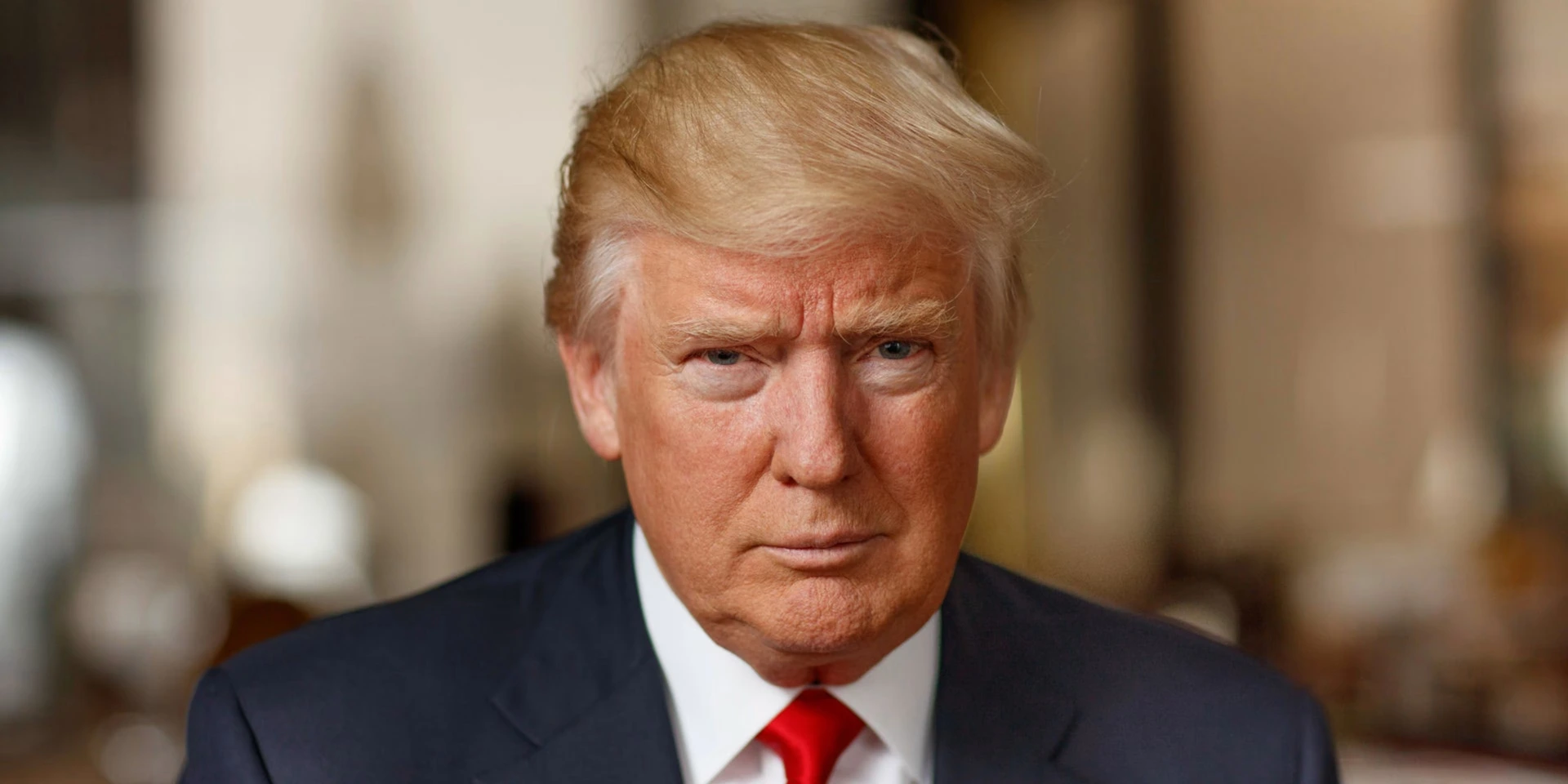
President Donald Trump made yet another significant announcement on Thursday regarding trade policy that will have a big effect on both foreign pharmaceutical companies and American consumers. His most dramatic tariff package, which targets everything from home furnishings to life-saving medications, would completely double the price of some imported medications.
Pharmaceutical Industry Faces Major Disruption
Starting October 1st, 2025, the administration will impose a 100% tariff on any branded or patented pharmaceutical product, unless a company is building their pharmaceutical manufacturing plant in America. Trump announces tariffs on pharmaceuticals, furniture and heavy trucks beginning Oct. 1. This represents one of the most aggressive trade measures targeting the healthcare sector in recent memory.
The pharmaceutical tariff comes with specific exemptions that reveal Trump's underlying strategy. Companies that have already broken ground on US manufacturing facilities or have construction underway will avoid the punitive tariffs entirely. This approach aims to force foreign pharmaceutical giants to relocate production to American soil.
The timing couldn't be more significant for an industry already grappling with supply chain challenges and pricing pressures. Many of the well-known drugs that Americans rely on are produced abroad, especially in nations like Puerto Rico, India, and Ireland. Patients may experience serious financial difficulties as a result of the 100% tariff, which essentially doubles the price of these imports.
Household Products Hit Hard
Beyond pharmaceuticals, Trump's announcement targets everyday household items that millions of Americans purchase. A 50% tariff on kitchen cabinets and bathroom vanities, along with a 30% tariff on upholstered furniture U.S. to impose tariffs on pharmaceutical drugs, kitchen cabinets, furniture and heavy trucks - CBS News, will directly impact home renovation and furniture purchases.
Tariffs for bathroom vanities and kitchen cabinets will probably be particularly harsh for home renovation projects. The furniture industry has particular reason for concern given its heavy reliance on imports from China and Vietnam. Both countries exported approximately $12 billion worth of furniture and fixtures to the United States last year, making them primary targets for these new tariffs.
Experts in the field are concerned about the immediate effects on consumers, though. Unexpected tariff implementation causes instant sticker shock, which is usually passed directly on to consumers, as opposed to gradual price increases that markets can tolerate over time.
Trump's willingness to use tariffs as both economic weapons and policy tools to alter global manufacturing patterns is demonstrated by these announcements, which mark yet another major step up in his larger trade policy agenda.















